#production
VW Plans Mass Culling of Combustion Cars, Loftier Margins
Practically every automaker on the planet has begun signaling a desire to change with the times by collectively revising their business strategies. The new hotness involves lower volumes, higher margins, and electric vehicles with the ability to push connected services allowing manufacturers to charge you piecemeal for just about every feature imaginable.
While Volkswagen Group has been at the forefront of those trends since the 2015 Dieselgate scandal helped force its hand, it often suggested that the shift to EVs would be a boon to low-income families. It was hardly the only automaker to make such promises, nor has it been the first to break them after deciding that perhaps there’s more money to be made with premium vehicles. VW has decided that its ideal strategy involves culling internal combustion vehicles by 60 percent over the next eight years and focusing on higher-margin products yielding superior profitability.
GM's Oshawa Plant Increasing Truck Production, CAMI Getting Electric Vans
On Monday, General Motors’ added a second shift for Heavy Duty variants of the Chevrolet Silverado at Oshawa Assembly to ensure the automaker can meet demand. There are also plans to launch a third shift to spur production of light-duty pickups after GM spent the last two years struggling to deliver vehicles in a timely manner.
GM Canada recently representatives from the Canadian federal government, eager to show that its $2 billion investment into Ontario manufacturing (specifically at Oshawa and CAMI Assembly) had already borne fruit. While this is said to eventually include the production of BrightDrop’s all-electric and perpetually connected Zevo vans, GM is presently focused on swelling production on some of its most valuable products.
Ford, GM Pausing Production in Michigan Over Parts Shortage
Ford Motor Co and General Motors will be individually suspending production in Michigan next week due to supply chain constraints. However, it’s difficult not to notice that the chosen facilities are responsible for lower-volume models they could probably afford to idle.
GM is stalling Lansing Grand River Assembly and Stamping, citing a parts shortage it said had nothing to do with the ongoing deficit of semiconductor chips. The company later stated that the Russo-Ukrainian war had not played a factor, abandoning the two most popular excuses for why something isn’t being done in 2022. Meanwhile, Ford has said the chip shortage has everything to do with its temporary closure of Flat Rock Assembly.
Auto Industry Assets Could Be Seized by Russian Nationalization
The war in Ukraine continues to have ripple effects.
A new report from industry bible Automotive News suggests Vladimir Putin is considering seizing the assets of automakers who left Russia in the wake of its invasion of Ukraine.
Will Toyota's Production Pause Go Global?
Following last week’s announcement where Toyota explained its need to scale back Japanese production by 20 percent this April, the automaker has outlined planned slowdowns for the foreseeable future. It’s citing all the usual problems. Countries are still employing various COVID-19 restrictions that are upending supply chains, semiconductor production for automobiles remains insufficient, and there’s a war in Eastern Europe that’s creating all-new troubles while exacerbating some of the more familiar ones. But scaling back output might not be the death sentence it sounds like.
With last year resulting in 10 million deliveries worldwide, Toyota actually managed to improve its sales against 2020’s year-over-year global production decline of 12 percent. And the last two years have also yielded enhanced profitability for the automaker, despite it having expressed repeated concerns about procuring enough components to keep popular models (like the RAV4) in stock. In 2021, Toyota saw $249.4 billion in revenue and even became the best-selling automaker in the United States, dethroning former top-dawg General Motors.
Tesla Pauses Production in Shanghai
Tesla Inc. is briefly suspending production at its Shanghai factory for two days, starting today, as China upgrades restrictions pertaining to a new COVID outbreak. While the rest of the world has been scaling back pandemic-related restrictions, the Chinese Communist Party has begun issuing new mandates after locking down 51 million people at the start of the week. The government has said its part of its no-tolerance approach to the virus after citing roughly 1,700 infections spread across a dozen cities.
This has already started impacting supply chains that have been beleaguered by two years of restrictions already, apparently catching Tesla in the process. Despite Shanghai not having been issued any official orders, there’s been mounting pressure for businesses to temporarily shut down or reinstate protocols to have people work from home.
Volkswagen Shifting Production Out of Europe, Into U.S. and China
Volkswagen Group will be moving some of its European production out of the continent and into facilities located in China and the United States, citing the war in Ukraine as the largest contributing factor. Though if you’ve been following the company, it had already signaled a desire to raise its capacity in China ever since the region shifted into becoming its largest market.
In fact, Chief Executive Herbert Diess said during Tuesday’s press call that China will be taking precedence as the automaker reorganizes its manufacturing.
Ford Outlines EV Production Strategy for Europe
Ford Motor Co. has shared its intent to launch seven fully electric vehicles in Europe, including a battery-electric variant of the Puma subcompact crossover, its best-selling (and looking) passenger car for the market. Though the first EV in its new product offensive will be a midsize crossover helping Blue Oval deliver on a previous promise to manufacture electric vehicles in Cologne, Germany.
The unit is said to capitalize on Ford’s partnership with Volkswagen Group by leaning on the latter entity’s MEB platform that already underpins VW’s ID products and Audi’s e-tron vehicles. Driving range is estimated at 311 miles per charge, with the company anticipating a formal debut later this year.
Toyota Cutting Production By 20 Percent Next Month
Earlier this week, we covered Toyota stressing over the feasibility of its current production plans. Automakers around the world are presently trying to suss out how to maintain solid profitability with diminished output, with Japan’s largest manufacturer suggesting the present state of the world might force it to do likewise.
While we assumed the resulting decisions would take a couple of weeks for Toyota to finalize, as it considered its many options, the company announced on Friday that it would need to cut domestic production by 20 percent for the month of April. The automaker framed this as part of its preexisting “recovery plan” necessary to account for supply chain issues that never seem to end, saying that diminished output would gradually normalize in Japan over the spring.
Toyota Considers New Production Strategy As World Burns
Toyota Motor Corp. is reconsidering its existing production strategy, citing ongoing global issues that are hindering its ability to manufacture vehicles at a normal pace.
Like most other automakers, Toyota has endured COVID restrictions, supply chains bottlenecks, component shortages, at least one cyberattack, and some new obstacles stemming from Russia’s invasion of Ukraine. These issues have already encouraged General Motors to pursue lower output as it focuses on selling on higher-margin vehicles. Though it’s hardly the only automaker signaling diminished production for 2022. Even the National Automobile Dealers Association is assuming 2022 will be another year of extra-tight inventories and wild markups. It’s something the industry was already doing, with Toyota becoming the next company opting to rejigger its targets to account for hard times.
Nissan Z Launch Timing Leaked, Sales Slated for June
A Nissan dealership employee shared what appears to be a presentation slide of the upcoming Z’s launch timing.
If true, it confirms that the car will go on sale in June.
Audi Approved for $3.3 Billion EV Factory in China
Audi and FAW Group, the state-owned partner it is effectively required to have in order to preferential treatment from the Communist Party of China, received some good news this week. Government officials have approved the duo for a new, jointly operated production facility in Changchun.
With Volkswagen Group having shifted its focus toward China in recent years, the market has become all-important for the German company. VW is currently the top-selling brand for the entire region, with its Audi subsidiary typically being the highest volume premium automaker from Europe. Building in China is good optics for brands hoping to remain popular there and has the added benefit of placing manufacturing complexes closer to relevant suppliers, especially if you’re swapping to electric vehicles.
2023 Alfa Romeo Tonale: Delayed But Drawing Nearer
Delayed by the semiconductor deficit, the 2023 Alfa Romeo Tonale is here and nearly ready for production.
It’s gone through some subtle changes since its 2019 debut at the Geneva Motor Show. But the Tonale, which I recently learned isn’t Italian for toenail, has remained true to the concept. The traditional Alfa grille has been retained while the razor-thin headlights have been widened slightly to make the signature LED elements more visible. But it’s otherwise indistinguishable from the concept without popping the hood or examining the non-fungible token (NFT) that comes with the car.
A Side of Chips: Analysts Worsen Outlook for '22, Remain Better Than '21 Levels
It seems this calendar year will improve in terms of supply chain challenges for many auto manufacturers, with a general consensus that new chip sources will alleviate some of last year’s snarls. Still, one forward-looking group of analysts have peered into a crystal ball and determined all hands might not be out of the woods quite yet.
Volkswagen Passat Passes Away
The final Volkswagen Passat has rolled off the assembly line in Chattanooga, Tennessee, ending the model’s extended run on the North American market.
Designed by Giorgetto Giugiaro and introduced in 1973 using the VW/Audi B1 platform, the Passat arrived in the United States as the Dasher and was sold as a midsized luxury vehicle to people in the market for an imported economy car. The model carried different names in other parts of the world and even saw a few unique monikers used in the U.S. (e.g. Quantum) to help differentiate between the hatchback, sedan, and wagon variants sold throughout the 1980s. But it was officially known as the (B2) Passat by 1990, regardless of format.




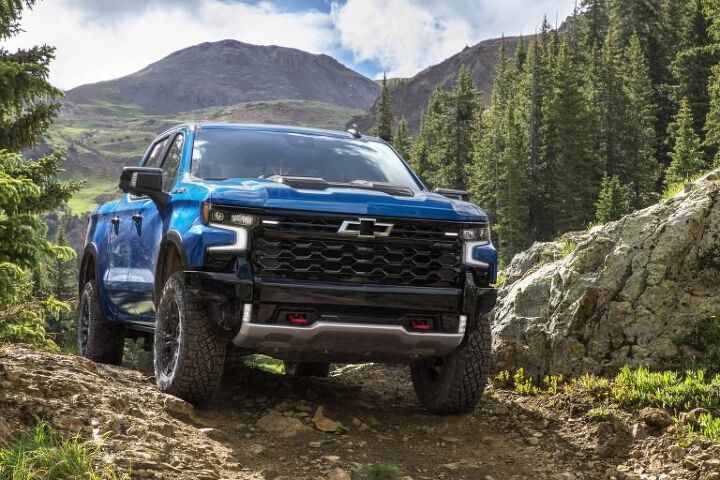
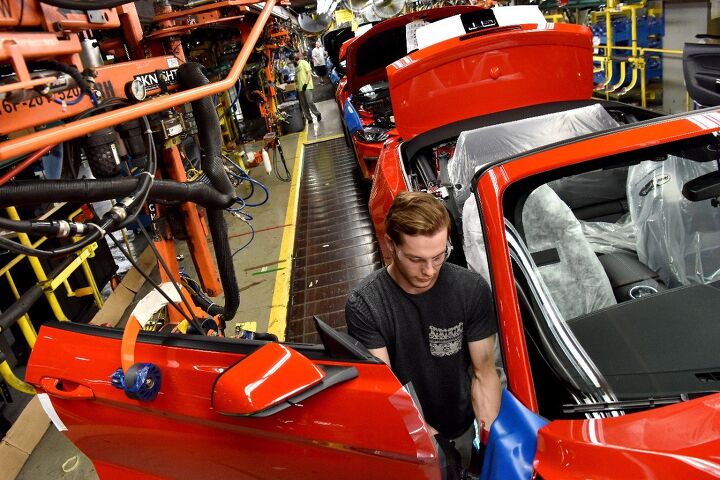
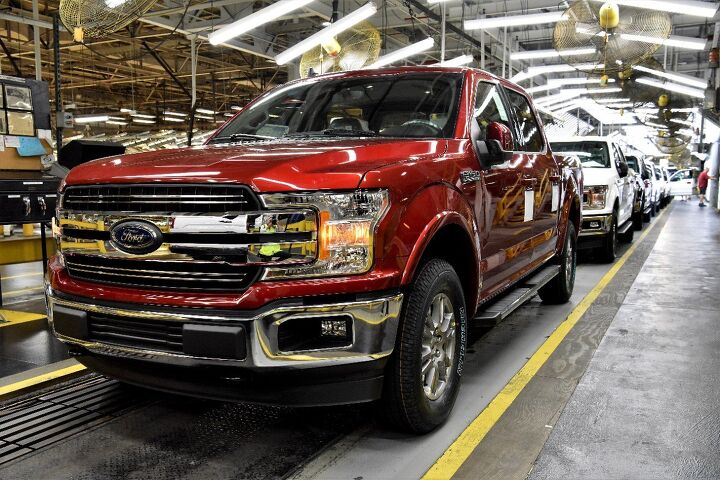
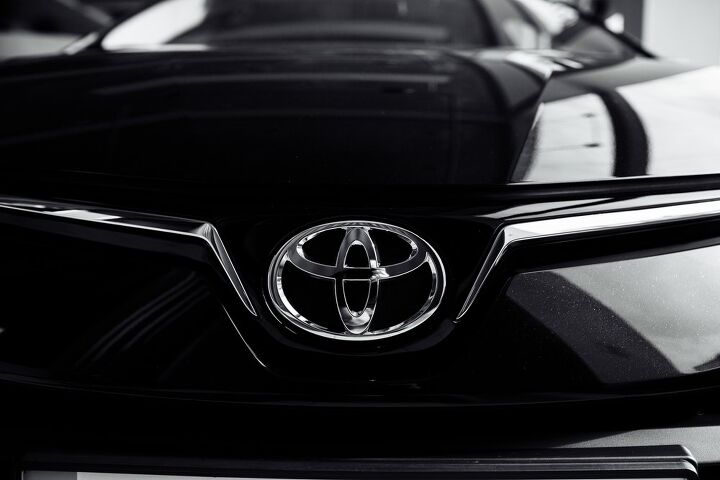


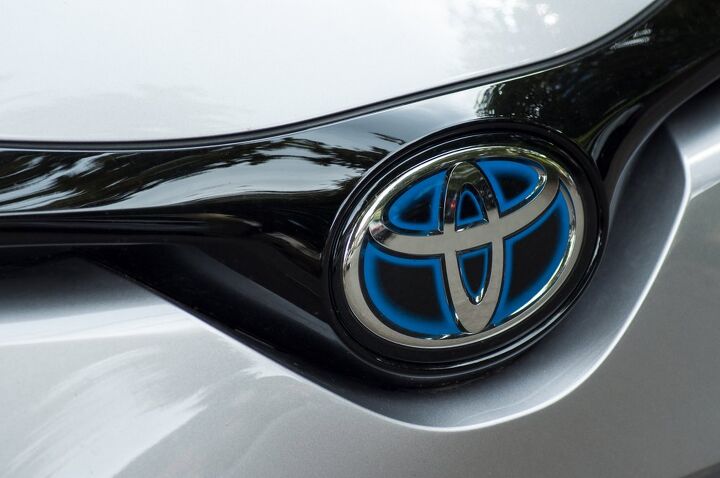





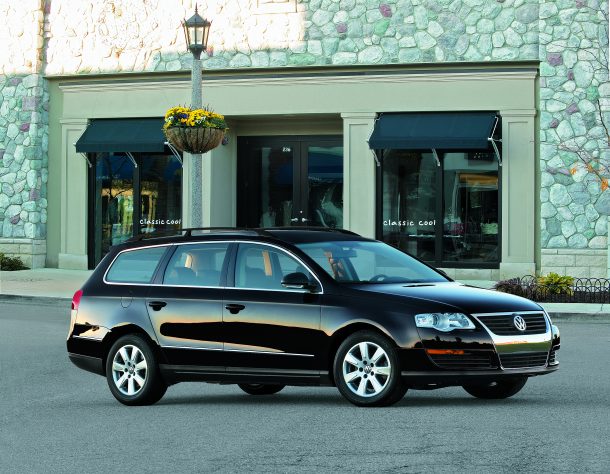












Recent Comments